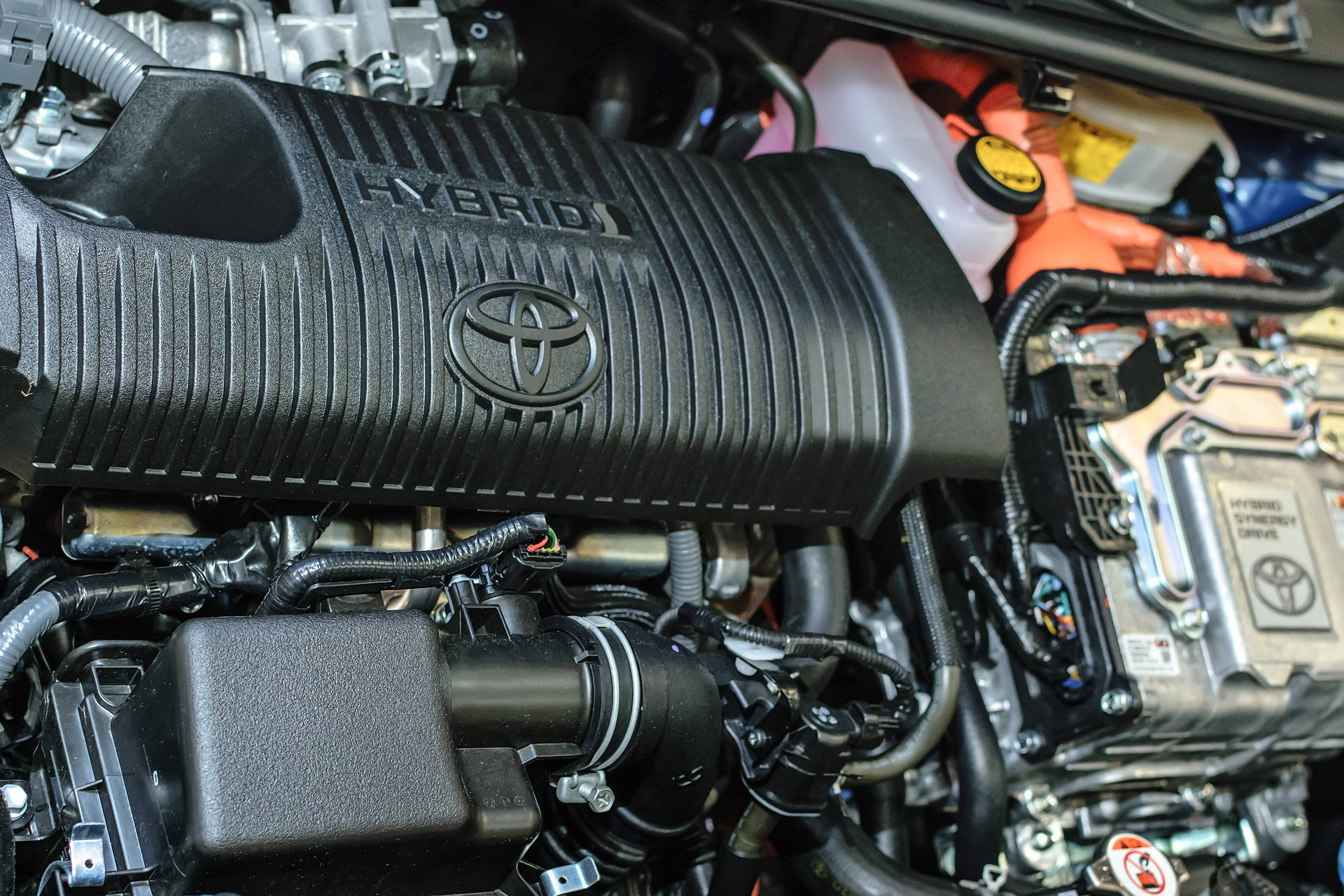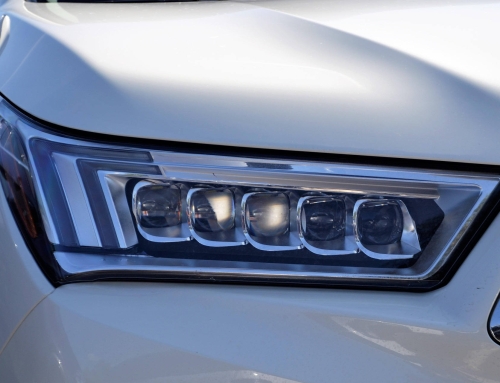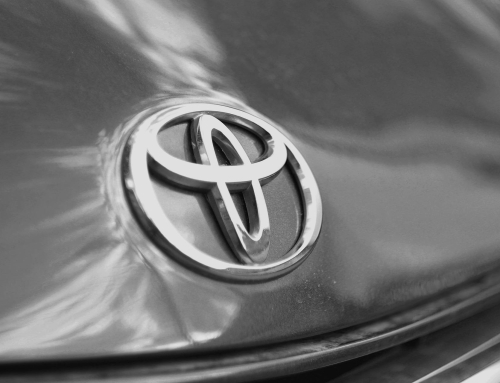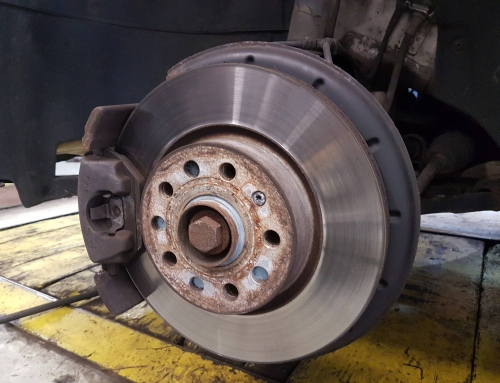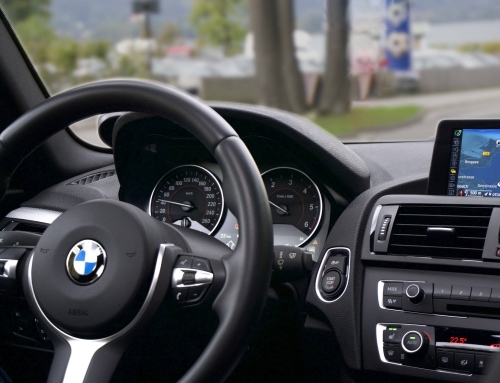Hybrid and electric vehicles are undeniably becoming more common on the roads and you might wonder about their maintenance needs, particularly when it comes to oil changes.
Contents
Understanding Hybrid Vehicles
Let’s explore the various types of electric-powered vehicles:
Hybrid Electric Vehicles (HEV)
These cars operate on traditional gasoline and an electric motor that utilizes a battery charged through regenerative braking during your drive.
Plug-in Hybrid Electric Vehicles (PHEV)
Similar to HEVs, these require plugging into an external source to recharge their batteries.
All-Electric Vehicles (EVs)
Operate solely on electricity.
While EVs are gaining popularity, hybrids have a more extended presence in the market and still lead in sales, with over 5.4 million hybrids cruising on American roads.
Maintenance Needs of Hybrid Vehicles
Hybrid vehicles blend gasoline engines with electric power. Although this hybridization enhances fuel efficiency and reduces gasoline use, hybrids still depend on a combustion engine for some functions. Consequently, regular oil changes remain an essential aspect of maintenance.
Fortunately, the oil change frequency for hybrids can be extended. Thanks to the reduced engine load due to electrical support, hybrids can often travel 10,000 miles or more between oil changes. However, the exact interval can vary based on driving habits, so it’s wise to consult your vehicle’s manual for specific recommendations.
It’s crucial to remember that any vehicle with a combustion engine needs regular oil changes to maintain performance. If your hybrid is mainly used for short trips, it might even go a year between oil changes. Nonetheless, following the oil change schedule based on either mileage or time, whichever comes first, is advisable to ensure optimal engine health.
Additional Maintenance Considerations for Hybrids
Hybrids are unique in that they require care that is typical of gasoline and electric vehicles. Here are a few points to consider:
Oil Changes
Although the engine might be under less strain, regular oil changes are necessary.
Tires and Filters
Standard maintenance like tire care and filter changes are still required.
Fluid Maintenance
Regular checks and maintenance of various vehicle fluids are essential to keep everything running smoothly.
Hybrids also use regenerative braking systems that feed energy back into the battery, requiring specific maintenance to function correctly. Moreover, larger and more durable hybrid batteries than standard car batteries have unique requirements and typically come with extensive warranties.
Electrical System Care
Given their dual nature, hybrids have complex electrical systems with features like auto start and shut off to optimize battery life and fuel usage. Periodic calibration of the electrical system is crucial to prevent damage and ensure efficiency.
Proactive Maintenance for Hybrids
Regular maintenance is vital to keep your hybrid in optimal condition. Starting with routine oil changes is an excellent way to ensure your vehicle’s combustion engine remains healthy. Always check the manufacturer’s guidelines to choose the correct oil type for your hybrid.
Establishing a relationship with a trustworthy mechanic through routine maintenance tasks like oil changes can also provide peace of mind and ensure your hybrid vehicle is well-cared for by someone familiar with its specific needs.

